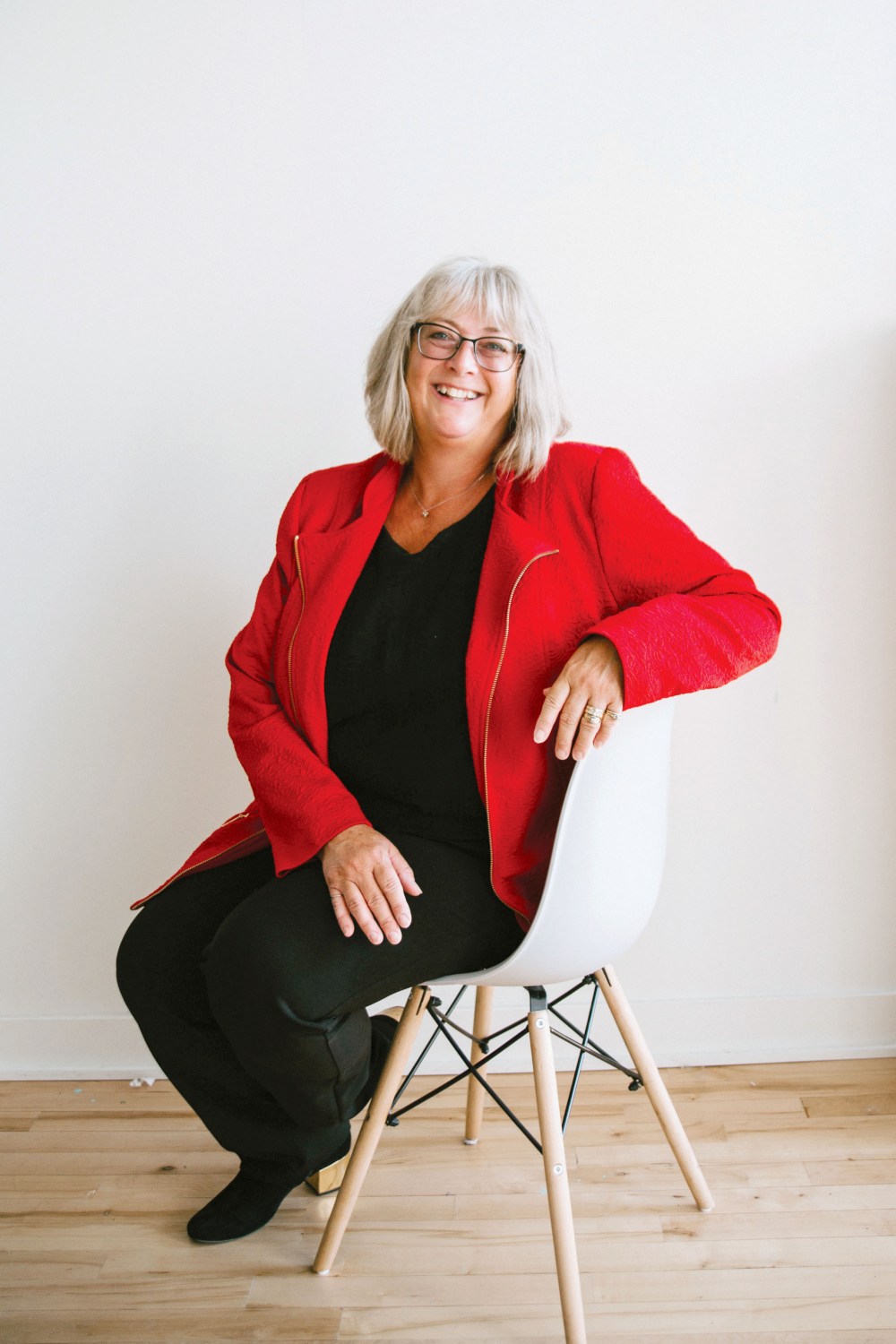Seek experts to plan a legacy
Advertisement
Read this article for free:
or
Already have an account? Log in here »
To continue reading, please subscribe:
Monthly Digital Subscription
$0 for the first 4 weeks*
- Enjoy unlimited reading on winnipegfreepress.com
- Read the E-Edition, our digital replica newspaper
- Access News Break, our award-winning app
- Play interactive puzzles
*No charge for 4 weeks then price increases to the regular rate of $19.00 plus GST every four weeks. Offer available to new and qualified returning subscribers only. Cancel any time.
Monthly Digital Subscription
$4.75/week*
- Enjoy unlimited reading on winnipegfreepress.com
- Read the E-Edition, our digital replica newspaper
- Access News Break, our award-winning app
- Play interactive puzzles
*Billed as $19 plus GST every four weeks. Cancel any time.
To continue reading, please subscribe:
Add Free Press access to your Brandon Sun subscription for only an additional
$1 for the first 4 weeks*
*Your next subscription payment will increase by $1.00 and you will be charged $16.99 plus GST for four weeks. After four weeks, your payment will increase to $23.99 plus GST every four weeks.
Read unlimited articles for free today:
or
Already have an account? Log in here »
Hey there, time traveller!
This article was published 14/06/2022 (1273 days ago), so information in it may no longer be current.
Life is busy. It keeps many of us from pondering important questions. How will we be remembered? What will be our legacy? Will the values important to us be respected by our family? These questions need to be addressed while we have the time.
Yes, people draw up wills or some document, but planning for when we’re gone involves much more.
Planning for what happens after our death can be difficult. Because others are involved — mainly your loved ones — it is never easy. These decisions can be made less uncertain and less stressful with the help of experts.

Rosalynn Sheldon is an advance planning consultant with Cropo Funeral Chapel in Winnipeg. She says pre-arranging a funeral or memorial service relieves the burden on loved ones during an already emotional time. It also eliminates the task of second-guessing what that person would have wanted.
The surprise to some is how soon people are making plans.
“I’m talking to people in their 40s these days,” says Sheldon.
She says couples have a lot invested in what they’ve built, so they should address together the topic of what happens when one is gone.
“You’ve done everything together, purchased houses, had children,” she says. “That’s why they would call someone like myself, and I would sit with them and go through the details with them. When you pass away, the other one doesn’t have to do this by themself.”
Another shift involves the variety of cultures and religions coming forward to plan.
General manager Krystle Ballance says Cropo serves at least 16 different faith groups but not always in the same way.
“I can use my parents, for example. We come from a Roman Catholic background. Instead of a service with the casket being present and then burying a casket, some families have the casket present for the service with cremation to follow,” she says.
“We’re seeing more videos of the person’s life, personalized memorial booklets, even a wine and cheese service.”
Ballance says they even do live streaming of a service or memorial. This became especially important when pandemic restrictions made it difficult for people to gather in large groups indoors.
She adds that the stream is archived for three months, with the family of the deceased receiving a permanent digital copy on a USB.
“If the family wants to keep things private, live streaming is not automatic. The family must request it,” Ballance says.
Another aspect of advance planning usually extends to a person’s estate — not just a will to say who in the family gets what but also a document stating how a person’s values will be respected once they are gone.
Ellen Murray is a senior financial planner and insurance advisor with Westoba Financial Solutions in Brandon. She says you don’t have to be wealthy to leave something behind, but it should be stated in your will.
For instance, you could designate that a portion of an investment should go to a charity.
“Whether it’s a mutual fund or a GIC, or whatever the financial product happens to be, those proceeds would go to the charity,” Murray says.
She does caution that a person’s estate is responsible for paying the tax on any investment because it’s considered income in the year of death. But on the flip side, there’s a charitable donation to the estate, which might offset that amount.
Murray says it is possible to set up a charitable foundation, but there are annual costs. That’s why a designated amount or even a percentage of a person’s estate given in a single donation is the norm. She says a percentage is a better way to go since the assets of an estate may be less than a designated amount decided upon at the time the will is drawn up.
To guard against an estate’s diminishing value, Murray says you can name a charity as a beneficiary on an insurance policy.
“It’s one of my personal favourites for the simple reason that you can leverage minimal dollars and make it a very large contribution, which benefits the organization that you’re supporting,” she says.
Although many donors prefer to direct their gifts towards a specific program or cause within a charity, financial planners advise that you discuss your intentions with the charity first.
That way, the charity can advise whether it can address a specific request in the person’s will.
History
Updated on Wednesday, June 15, 2022 10:48 AM CDT: Fixes typo

